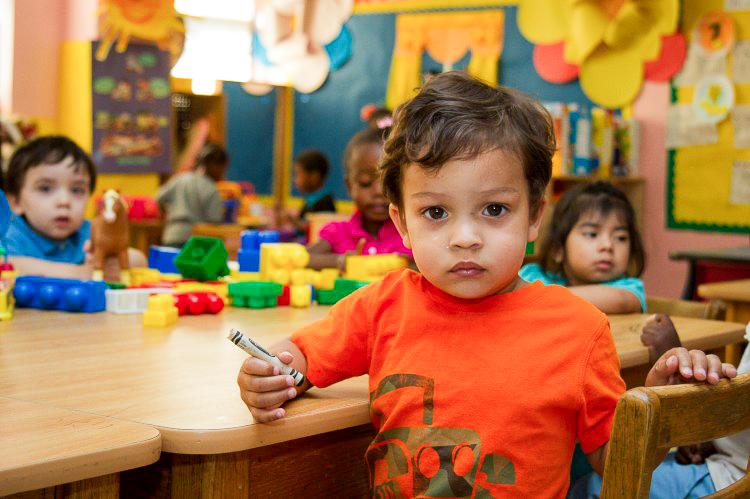Almost half of American adults under the age of 50 are saying they’re unlikely to have children, and a major reason is they just don’t want to, a new report by Pew Research Center suggests.
According to the report published July 25, some 47 percent of childless adults under 50 last year said it’s unlikely they'll ever have children—up from 37 percent in 2018.





